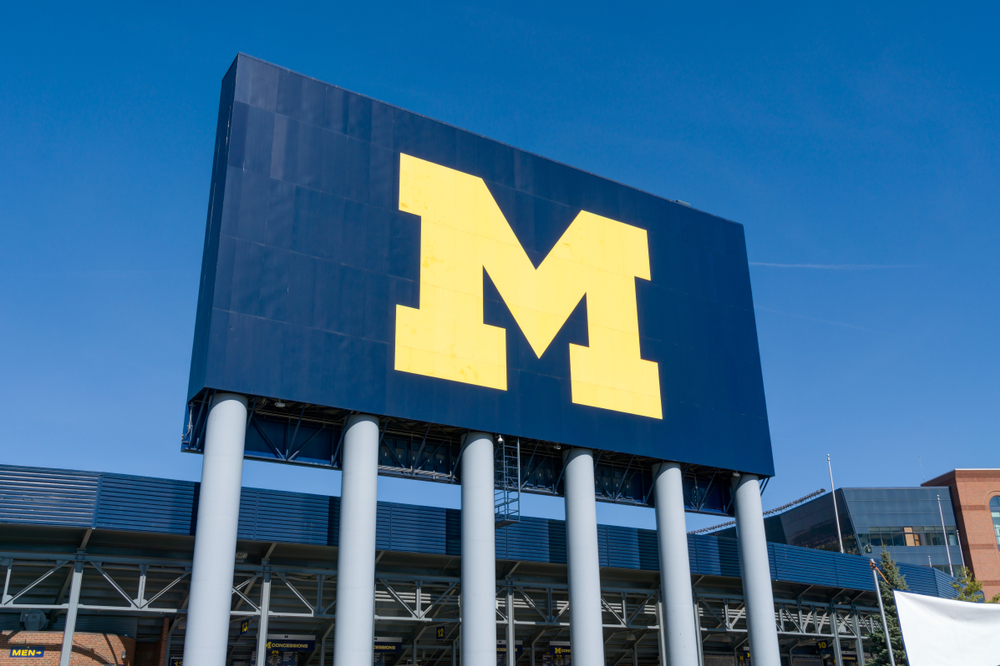The Michigan Legislature will soon consider two bills that give sex abuse victims more time to pursue justice. If passed, the bills would make it easier for thousands of victims, including those abused by Dr. Robert Anderson, to recover damages. Anderson was a physician and team doctor at the University of Michigan for 37 years and died in 2008. Nearly 1,000 people say the University of Michigan doctor abused them during routine physical exams. The Legislature amended Michigan’s statute of limitations in 2018 in a nod to the now-infamous Larry Nassar case. Nassar, a former sports doctor at Michigan State University, is serving a 40-to-175 year prison sentence for abusing more than 150 girls and women.
The Nassar-related law made it that people sexually abused as children could sue until their 28th birthday or until three years after realizing they had been abused. House Bill 4306, introduced by State Rep. Karen Whitsett, aims to expand these protections further. If passed, the government would extend the statute of limitations to ten years after the victim’s claim accrues, their 28th birthday, or six years from when they realize they’ve been abused, whichever is later. It would also apply to both adult and minor victims. The bill would also create a one-year window for victims abused by a medical provider to sue retroactively, regardless of the time limit.
It’s a problematic myth that we can only trust sex abuse victims if they come forward immediately after the crime. It’s not unusual for victims to wait years and even decades to tell anyone what they’ve experienced. Sometimes, people blame themselves and wonder whether they could have done something to prevent the crime. Other times, they fear they won’t be believed or taken seriously by law enforcement.
There’s another component that often comes into play when the abuser is in a position of power. The victim may not have realized they were sexually violated until years after the fact. Anderson reassured students that the intrusive exams he performed were medically necessary, and even patients who felt uneasy didn’t want to question a doctor. Records obtained by the Associated Press quoted an anonymous student who said, “He was the doctor and it never occurred to me that he was enjoying what I was not.”
Looking back at an uncomfortable doctor’s visit and realizing it was criminal behavior is a disturbing realization, and it can take a while for victims to come to terms with their experiences. Giving sex abuse survivors victimized at the hand of a doctor more time to seek justice allows them a chance to process their trauma before pursuing legal action.
Proposed Michigan Sexual Abuse Legislation
House Bill 4307, introduced by State Rep. Ryan Berman, aims to revise the laws surrounding governmental liability for negligence. Government entities couldn’t use an immunity defense if they knew or should have known that an individual committed a prior act of criminal sexual conduct. They would lose immunity if they didn’t intervene to prevent any further sexual misconduct.
There’s ample evidence that the University of Michigan knew about the accusations against Anderson and protected him from being fired. One athlete told his father, who was employed by the university, about the abuse. He responded by punching his son. It was also an open secret in the school’s athletic programs that the doctor behaved inappropriately. The most severe punishment he faced for his crimes was a demotion that let him continue abusing students.
Michigan government institutions are immune from civil litigation. Michigan State, a public university, tried to claim immunity from Nassar-related sexual abuse claims in 2018. The university eventually agreed to pay $500 million to victims but required them to withdraw their support for bills that would strip institutions of the immunity defense. Businesses, schools, local governments, and the Catholic Church publicly objected to the legislation, and it didn’t go anywhere. Three years later, it isn’t clear whether House Bill 4307 will face the same opposition.
It’s too soon to know whether the bipartisan bills will become law, but they offer a ray of hope for sex abuse victims who haven’t yet told anyone about the exploitation they’ve suffered. This legislation would underscore what victim advocates have said for a long time: It can take years for people to feel comfortable bringing action against their assaulters, and no one should miss their opportunity to seek justice.












